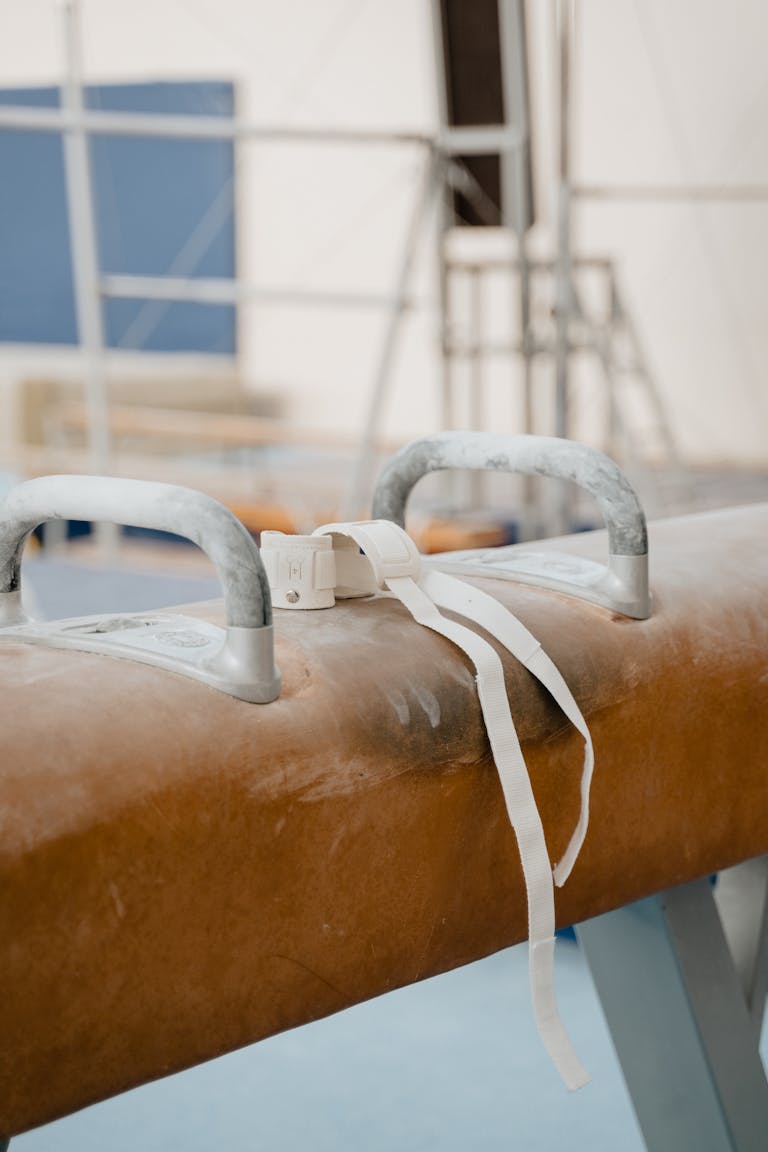Smart Contracts and Legal Protections for NIL: What Athletes Need to Know

Smart Contracts and Legal Protections for NIL: What Athletes Need to Know
The rise of NIL opportunities has unlocked massive potential for college athletes. However, with every new opportunity comes the potential for misunderstanding and even exploitation if deals aren’t properly structured and protected. Whether you’re signing your first endorsement deal, participating in paid social media campaigns, or entering into a larger partnership, it’s essential to understand how to protect your interests with strong legal protections and smart contracts.
This article provides athletes with the critical information they need to navigate NIL contracts safely, ensure fair terms, and protect their financial future.
1. What Is a Smart Contract, and Why Does It Matter for NIL?
A smart contract is a legally binding agreement that automates the enforcement of terms, ensuring both parties adhere to their commitments. In the NIL world, these contracts govern relationships between athletes, brands, sponsors, and other entities.
Why it matters:
- Smart contracts help simplify complex agreements by defining clear terms for both parties.
- These contracts also create a digital trail that automatically executes the agreed-upon actions, such as payments and content deliveries.
Pro Tip:
Ensure that any NIL contract you sign is digital and backed by verifiable, automated actions—such as payments or content approvals.
2. The Basics of a Well-Structured NIL Contract
A solid NIL contract should cover the following key areas to ensure that you and the brand are aligned:
- Payment Terms:
- How much will you be paid?
- When will you receive payment?
- Are there bonuses for exceeding expectations?
- Performance Expectations:
- What deliverables (posts, videos, appearances) are required?
- Are deadlines clearly defined?
- What are the repercussions for failure to deliver?
- Rights to Content and Usage:
- Who owns the content you produce (photos, videos, etc.)?
- How long can the brand use your image, and in what contexts?
- Exclusivity Clauses:
- Does the contract prohibit you from working with competing brands?
- Are you allowed to engage in deals with others in the same industry?
- Termination Clauses:
- How can either party terminate the contract?
- What happens if one party breaches the agreement?
Pro Tip:
Have an attorney review all NIL contracts before signing to ensure all terms are fair and clear.
3. Protecting Your Brand and Image Rights
- Intellectual Property (IP) Protection:
- Your name, image, and likeness (NIL) are valuable intellectual property. Ensure the contract clearly specifies the rights the brand has to use your image and likeness, and for how long.
- Avoid Overextension:
- Be cautious about giving brands unlimited usage rights. The more control you have over your image, the more you can manage your personal brand effectively.
- Exclusivity Limits:
- Pay attention to exclusivity clauses that prevent you from working with other brands in the same category (e.g., one fast food company might not want you promoting another).
Pro Tip:
Whenever possible, retain control over the long-term use of your image or likeness, especially in perpetuity or beyond the contract’s active period.
4. How to Spot and Avoid Bad Deals
There are several common pitfalls in NIL deals that athletes need to be aware of:
- Vague Terms:
If the contract is unclear or vague about deliverables, timelines, and payments, it’s a red flag. Clear terms ensure you know exactly what’s expected from both parties. - Unreasonable Expectations:
Some NIL deals may require athletes to perform beyond what’s reasonable or what’s being compensated for. Ensure that expectations are realistic and achievable. - Unfair Exclusivity Clauses:
Exclusivity clauses can lock you into a contract that limits your ability to work with other brands, even if those deals are better suited to your personal brand. - Payment Delays or Lack of Clarity:
Avoid deals that don’t include clear payment schedules or performance-based payments. Always clarify when you’ll be paid, and how.
5. Managing NIL Deals with Multiple Brands
As an athlete working with multiple sponsors, managing multiple contracts becomes more complicated. Here are key steps to protect your interests:
- Keep Detailed Records:
Track all contracts, deliverables, and payments in an organized manner. Use digital platforms or spreadsheets to store contracts and deadlines. - Manage Your Calendar:
Ensure that your schedule allows for the time commitments in each contract. Overcommitting can lead to burnout and missed deliverables. - Be Transparent with Sponsors:
If a deal interferes with another one, be transparent with your sponsors. Honesty and communication can often resolve conflicts before they become serious issues.
6. Protecting Your NIL Income: Tax Considerations
- NIL Income Is Taxable:
Unlike scholarships, NIL income is taxable. Athletes should work with tax professionals to ensure they’re complying with tax laws and planning for taxes. - Self-Employment Taxes:
If you’re receiving money directly (not through a third-party employer), you’ll need to pay self-employment taxes. Set aside a portion of your earnings to cover this liability. - Quarterly Tax Payments:
Depending on the amount of NIL income, athletes may need to make quarterly estimated tax payments to avoid underpayment penalties.
Pro Tip:
Consult a tax professional who specializes in athlete income and self-employment taxes to avoid common pitfalls and optimize deductions.
7. Ensuring NIL Deals Don’t Interfere with College Scholarships
- Report All NIL Income:
Make sure to report your NIL earnings to your school’s compliance office. Some schools may have rules regarding the amount of money you can earn while receiving a scholarship. - Track Financial Aid Impacts:
NIL income could affect your eligibility for need-based scholarships and financial aid, so it’s critical to keep your school informed.
8. Legal Protections for NIL: Work with a Trusted Legal Advisor
- Review Every Contract:
Never sign an NIL contract without it being reviewed by a legal professional, especially as NIL deals grow in complexity. - Understand Your Rights:
Ensure your legal advisor explains what rights you’re giving away in each contract, especially regarding your likeness, social media accounts, and intellectual property. - Negotiate Fair Terms:
A skilled lawyer can help you negotiate terms that are favorable to you, ensuring fair payment, reasonable terms, and protection of your personal brand.
Final Thoughts
NIL is an incredible opportunity for athletes to monetize their personal brand, but it comes with significant legal and financial responsibility. By understanding contracts, protecting your brand, and working with professionals, you can ensure that NIL earnings don’t just benefit you today, but set you up for long-term success and security.
Approach every deal with caution, educate yourself on legal protections, and remember that NIL isn’t just about making money—it’s about making the right decisions for your future.






